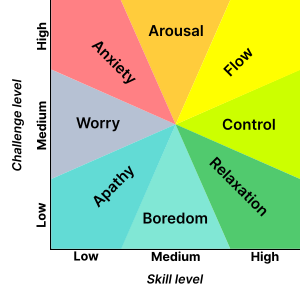Some time ago, in an Aikido class, my sensei at the time Eytan Ben Meir explained how to approach learning in Aikido.
“Consider a person in front of a very long wall, let’s say 1000 kilometers in each direction”, he said. “Somewhere in that wall there’s a very thin slit through which you may enter, but the slit is invisible to the human eye. Therefore, to find the slit, you move forward towards the wall. If you are just in front of the slit — congratulations you go through. If you hit the wall — retreat back, move a few steps sideways and try again.”
“This”, Eytan said, “is a powerful way to learn the techniques of Aikido. Do it over and over again, try different things, until you find the right path. You will know when you find it.”
“One more thing”, Eytan added: “You can learn Aikido your entire life. Every time you pass through a thin slit in the wall, you find yourself right in front of a new wall, and start over one level deeper. ”
This story has helped me through a lot of learning challenges over the year. It works very well for Aikido as well as many other areas.
In chess, people sometimes get stuck in a “plateau” around a certain level of play. It is common in this case to feel frustrated and that something is missing in your chess game and you can’t figure out what it is. Silman’s The Amateur’s Mind addresses this problem directly.
addresses this problem directly.
Consider applying the thin slit approach here. What you need to make progress is usually something that only you can discover, but friends, parents and coaches can help. Try this: play and analyze many games, and do this with a diverse group of people so you get a lot of different ideas and perspectives.
Eventually you will find the thin slit you are looking for.
Like this:
Like Loading...

